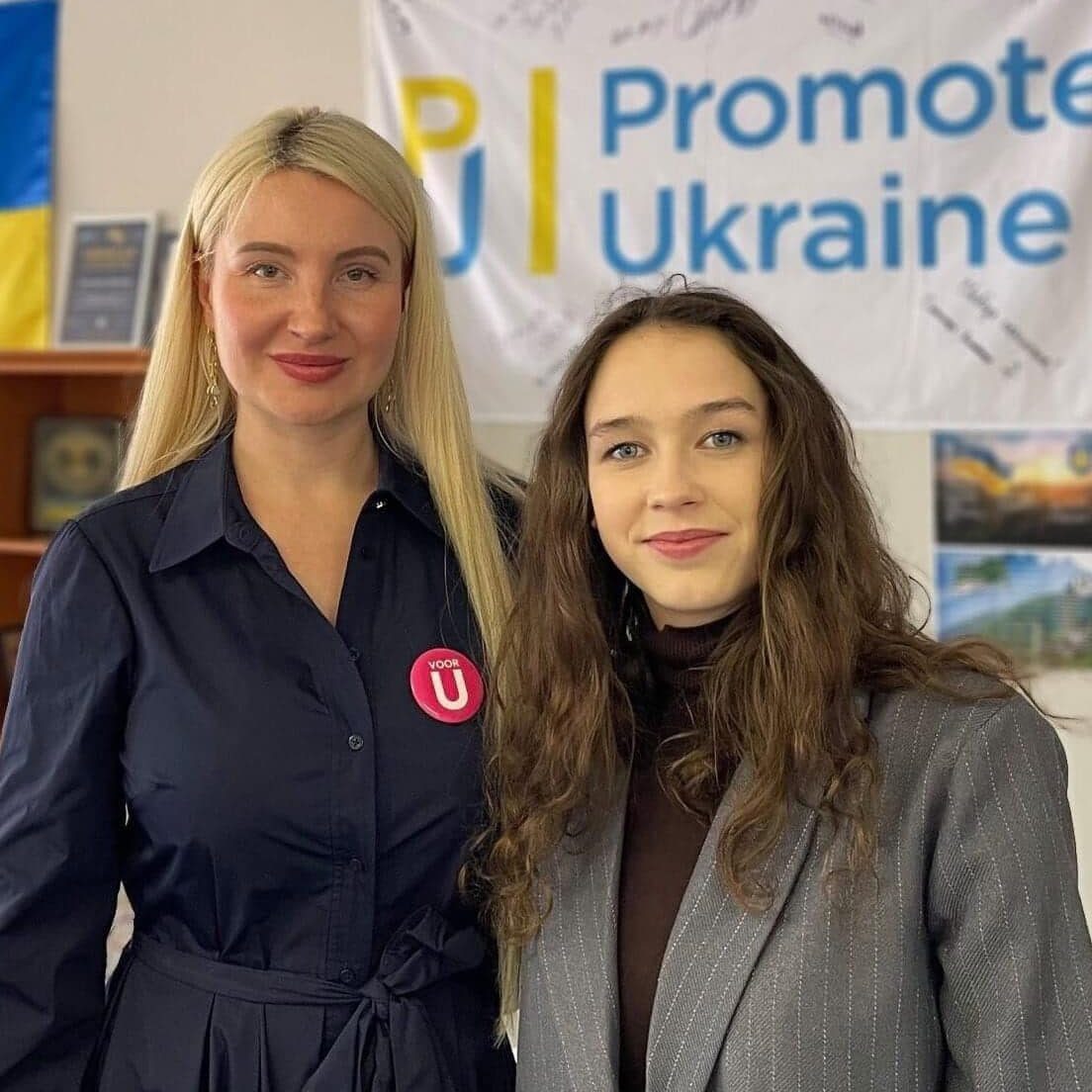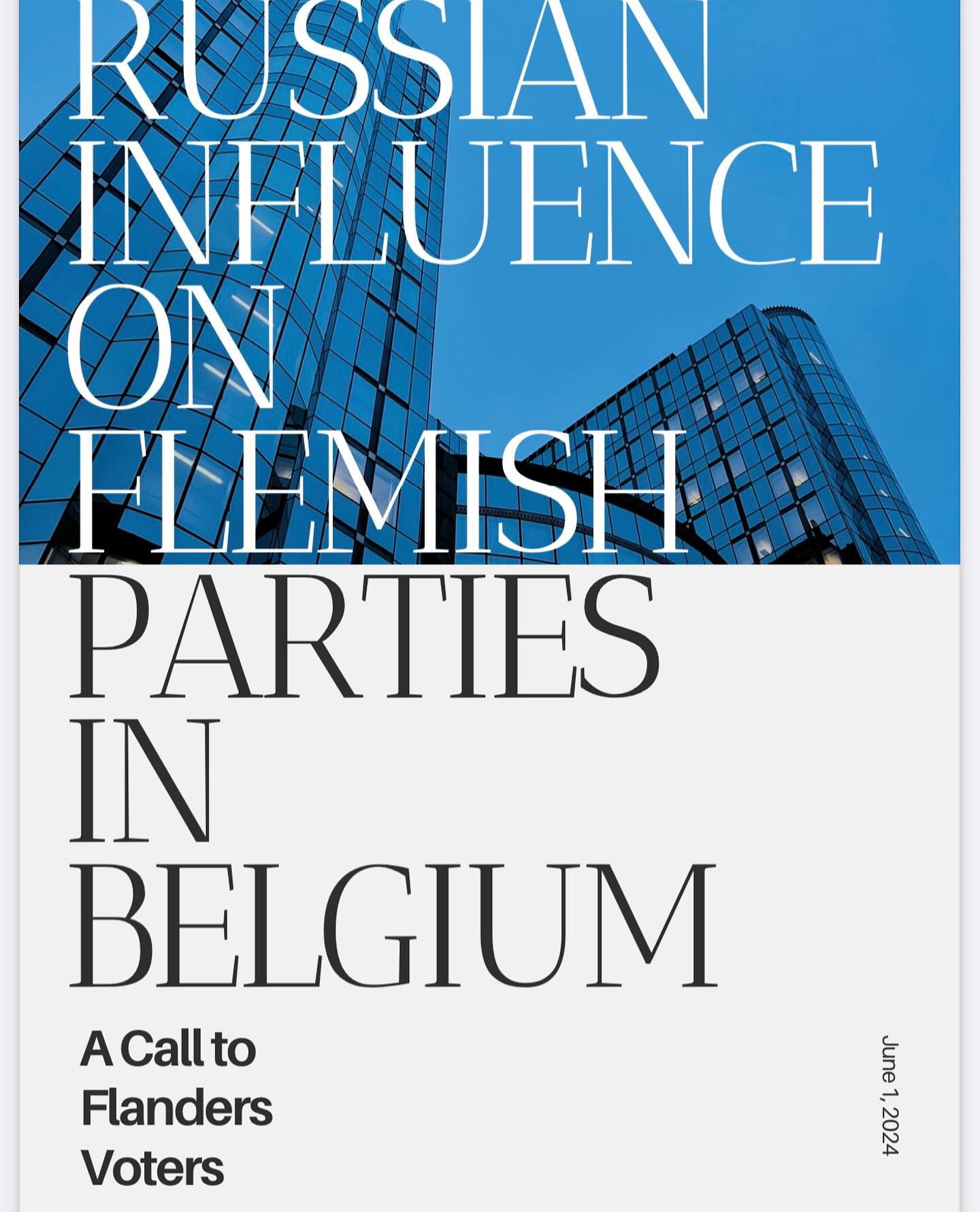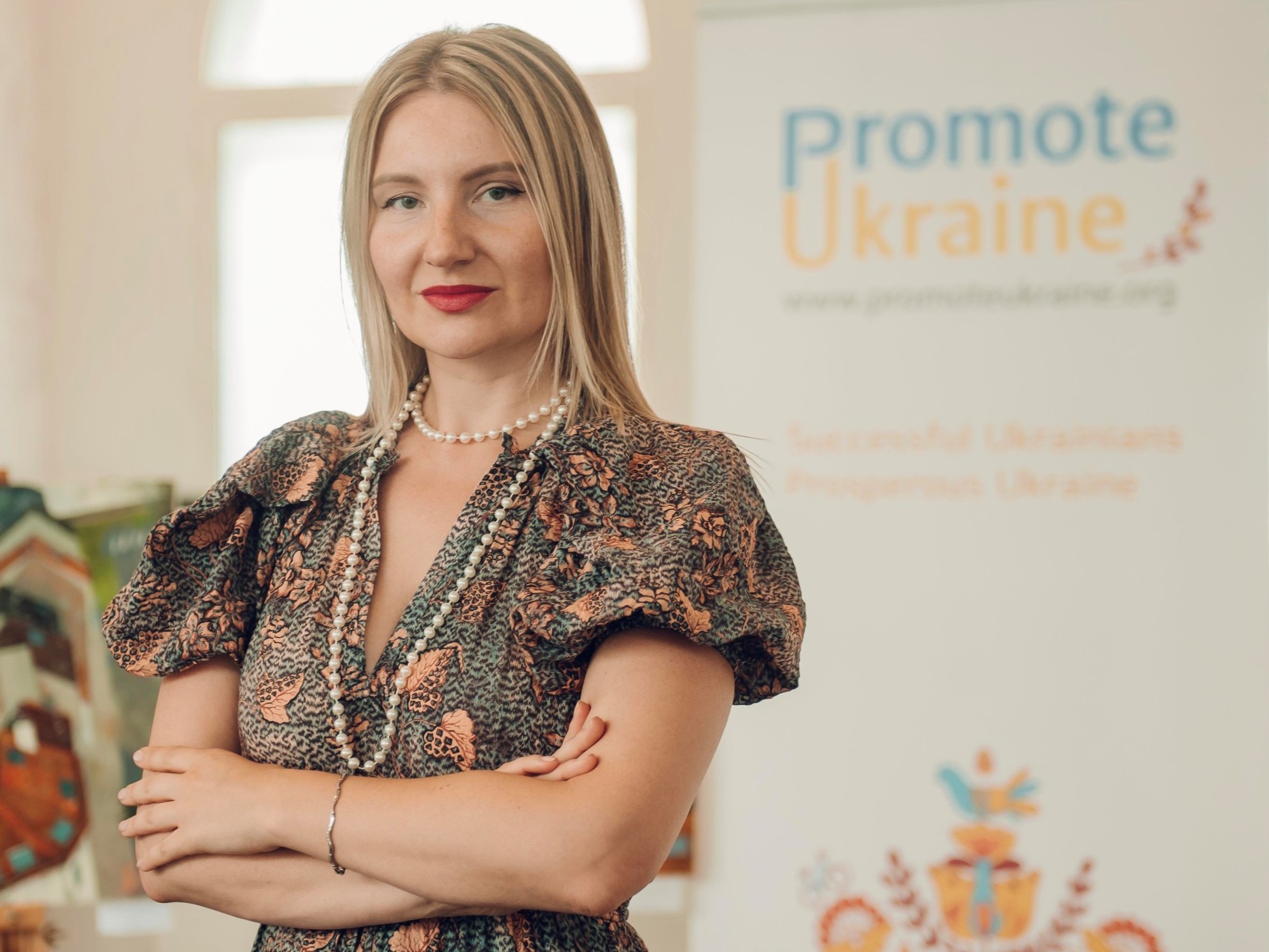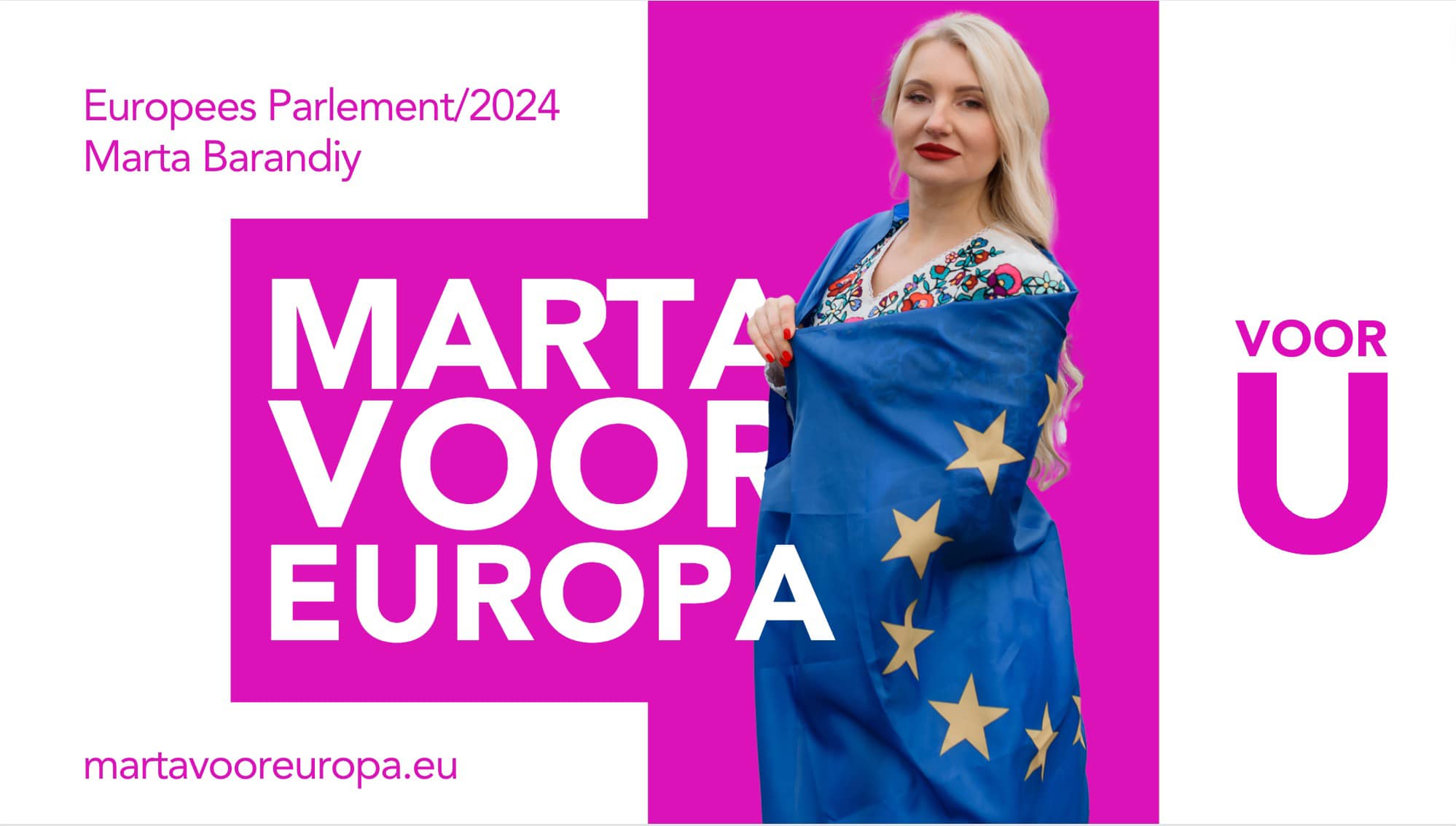A Polish MEP Magdalena Adamowicz (EPP) presented a draft report about the protection of journalists in Europe, hate speech, disinformation, and the role of platforms. She reiterated the European Parliament’s call for the creation of a permanent European fund for journalists, offering direct financial support for independent journalists and media outlets. Mrs. Adamowicz underlined that the COVID-19 pandemics became an eye-opener and amplified even more threats in mass media. The deputy welcomed the Commission’s initiative to present a European Democracy Action Plan that aims to counter disinformation.
The MEP wrote in her report that freedom of the media had been continuously deteriorating in recent years, even in some of the most influential democracies. During a discussion at the Committee on Civil Liberties, Justice and Home Affairs the Polish deputy said that nowadays Internet platforms are “powerfully, ruthlessly exploited for social engineering, and hate speech and disinformation know no borders”. The rapporteur pointed out that media capture, hate speech, and disinformation are increasingly being used for political purposes and COVID-19 crisis is having a devastating social and economic impact on the media sector. Magdalena Adamowicz stressed that democracy stays behind technologies and that the spread of false news and disinformation on social media or search websites poses a threat to freedom of speech. According to her, “disinformation related to COVID-19 may cause panic and social unrest”.
The Polish MEP recalls Parliament’s repeated call for a permanent, independent and comprehensive mechanism covering democracy, the rule of law and fundamental rights in the EU. “We need to have a fully-fledged mechanism on media monitoring and media freedom, we have to urge the Commission, – says the Bulgarian MEP, shadow rapporteur on the issue Elena Yoncheva (S&D).
This idea is supported by another MEP – a Romanian Ramona Strugariu (Renew Europe). She mentioned that she repeatedly called for a funding mechanism to finance various media projects: “Disinformation can be countered by strong media, we need strong media. We cannot build the Ministry of Truth”.
The Slovak MEP Lucia Ďuriš Nicholsonová (ECR) underlined that “some countries used the COVID-19 pandemics for massive disinformation campaigns, especially China and Putin’s administration. There are trolling farms that spread very dangerous information. We have to distinguish between real journalists and persons who spread fake news. The latter ones go to press conferences and misuse information from there”.
Thus, European deputies are deeply concerned about the state of media freedom in the EU, about abuses and attacks against journalists, “as well as the growing public denigration and general weakening of the profession, weighing particularly heavily on local, investigative and cross-border journalism”. Mrs. Adamowicz said in her report that she is deeply shattered by the murders of Daphne Caruana Galizia in Malta and Ján Kuciak and his fiancée Martina Kušnírová in Slovakia due to their investigative work, she reiterated the importance of an independent investigation. The Polish MEP states that violence against journalists cannot be accepted. She condemns attempts by Member State governments to silence critical media and undermine media freedom and pluralism. According to Magdalena Adamowicz, “in some Member States, public broadcasting has become an example of single political party propaganda».
The rapporteur welcomes the Commission’s intention to include a specific chapter on monitoring media freedom and pluralism in its Annual Report on the Situation of the Rule of Law within the EU. She strongly reiterates the Parliament’s call on the Commission to present proposals to prevent so-called ‘Strategic Lawsuits Against Public Participation’(SLAPP). The deputy calls the Commission and the Member states to “urgently introduce EU and national emergency recovery packages to protect the jobs and livelihoods of media workers, support companies and fund public service media through the COVID-19 crisis”. The MEP says in her report that the EU should create a permanent European fund for journalists in the next EU budget (2021-2027) as redrafted following the COVID-19 crisis, offering direct financial support for independent journalists and media outlets, freelancers and self-employed media workers.
Mrs. Adamowicz also condemns all types of incidents of hate crime and hate speech that take place regularly in the EU. She pointed out that from the Code of Conduct on Countering Illegal Hate Speech Online, promoted by the Commission, and of its fourth evaluation round, emerges that IT companies are removing on average 72 % of the illegal hate speech notified to them. The deputy says that EU countries must ensure that their media “are free from all incitement to violence or hatred directed against any person or group of persons”, she points out that xenophobia is the most commonly reported ground of hate speech.
Another big topic is the misuse of media channels to interfere in the run-up to all major national and EU elections – often with indications of foreign influence. According to the rapporteur, a lot of interference benefits “anti-EU, extreme right-wing and populist candidates and targeting specific minorities and vulnerable groups”. During the discussion at the Parliament, Mrs. Adamowicz said: “The technologies are used to undermine, formally speaking, democratic elections. We have to do everything in our power (to counter that – ed.), otherwise, such elections turn democracy to an empty shell”.
The Polish MEP also recalled that recently the Reporters Without Borders made a statement, stipulating that the next decade will be pivotal in ensuring the preservation of media freedom and the future of journalism.
Natalia Richardson






 UA
UA FR
FR DE
DE




